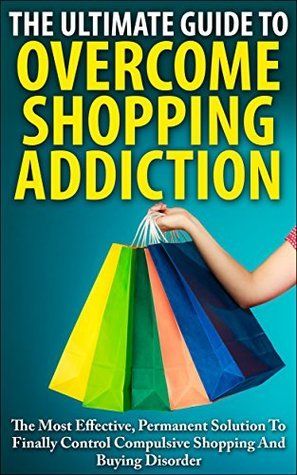In today’s digital age, the convenience of online shopping has revolutionized the way we buy goods and services. With just a few clicks, consumers can purchase items from the comfort of their own homes, making it easier than ever to indulge in retail therapy. However, this accessibility has also given rise to a phenomenon known as compulsive buying disorder.
What is Compulsive Buying Disorder?
Compulsive buying disorder, also known as shopping addiction, is a behavioral addiction characterized by an uncontrollable urge to shop and spend money, often resulting in financial and emotional distress. Those who suffer from this disorder experience a rush of euphoria when making a purchase, followed by feelings of guilt and regret.
Signs and Symptoms
Some common signs and symptoms of compulsive buying disorder include:
Feeling a loss of control while shopping
Spending more money than intended
Feeling guilty or ashamed after a shopping spree
Using shopping as a way to cope with stress or negative emotions
Hiding purchases or lying about shopping habits
Causes of Compulsive Buying Disorder
There are several factors that can contribute to the development of compulsive buying disorder, including:
Genetic predisposition
Poor impulse control
Low self-esteem
Depression or anxiety
Social and environmental influences
Impact on Mental Health
Compulsive buying disorder can have a significant impact on an individual’s mental health, leading to feelings of shame, guilt, and anxiety. It can also strain relationships and cause financial problems, further exacerbating the emotional toll of the addiction.
Treatment Options
Fortunately, there are treatment options available for those struggling with compulsive buying disorder. Therapy, such as cognitive-behavioral therapy, can help individuals identify and change negative thought patterns and behaviors associated with shopping addiction. Support groups and medication may also be beneficial in managing symptoms and preventing relapse.
Conclusion
Shopping addiction is a serious mental health disorder that can have a profound impact on an individual’s well-being. By understanding the signs and symptoms of compulsive buying disorder, seeking help from a mental health professional, and implementing healthy coping strategies, those struggling with this addiction can regain control over their lives and finances.
